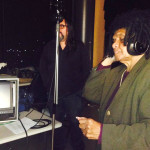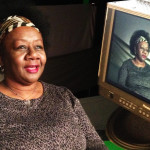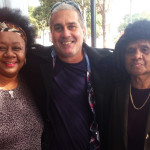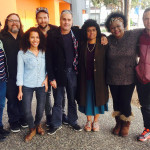 It is hypocritical of the Morrison Government to assure Pacific Islands nations of Australia’s good intentions when the Australian Government has never dealt adequately with problems within its own Australian South Sea Islander (ASSI) community. Two major issues have been caused by the Australian Government.
It is hypocritical of the Morrison Government to assure Pacific Islands nations of Australia’s good intentions when the Australian Government has never dealt adequately with problems within its own Australian South Sea Islander (ASSI) community. Two major issues have been caused by the Australian Government.
One dates back to Federation: the deportation of the majority of original Islanders in the 1900s as part of the White Australia Policy. This was an attempt to remove an entire ethnic group—to cleanse the new nation of its Pacific immigrants. The second issue is inadvertent but none the less damaging. It relates to public service initiatives aimed at assisting Indigenous Australians since the 1960s.
The three governments need to take into consideration that policies aimed at assisting First Australians have damaged the ASSI community. The 1967 referendum enabled the Commonwealth to take control of Indigenous affairs and count First Peoples in the national census. The creation of a modern bureaucracy to administer First Peoples’ affairs led to the alienation of ASSI, both at the level of actions by the public service and by definitions which left them outside schemes to provide special assistance.
While no one begrudges the overdue special assistance to Indigenous Australians, it has had inadvertent consequences in straining relationships at an individual, family, community and government level. Today’s ASSI are descended from immigrants with strong kin links to Indigenous Australians. ASSI were once considered an integral part of the Australian Black community. Yet today they are categorized as immigrants, ignoring the similar issues they face with their First Australian brothers and sisters, and their close kin relations with First Australians.
Hardwork, a bibliography of over 1,400 sources on Australian South Sea Islanders (ASSI), has been released as part of celebrations marking the first arrival of ASSI in NSW in 1847 and in Queensland in 1860. The Australian, Queensland and New South Wales Governments will find its useful in their considerations.
I have prepared the bibliography at a time when Indigenous Queenslanders in July 2019 were awarded $190 million as a settlement relating to Hans Pearson v State of Queensland in the Federal Court of Australia. The Queensland Government made a settlement and avoided a final Federal Court decision, although the Federal Court will supervise the financial distribution.
This was a class action to recover wages taken from Indigenous Queenslanders over several decades, which detailed the extraordinary and draconian conditions under which Indigenous Queenslanders were forced to live, and the Acts of Parliament which controlled their lives.
The original immigrant ASSI and their children were also bound by Acts of Parliament passed specifically to control their lives, and a 1901 Commonwealth Act aimed at total deportation of all ASSI. There are many similarities between the conditions faced by ASSI and Indigenous Queenslanders. This is not the place to argue the case; in a sense the whole Hardwork bibliography does that in outline.
Over recent years, there have been discussions between lawyers and ASSI associations over the possibility of mounting a class action. These discussions will continue, now in part fuelled by the July 2019 award by the Queensland Government. Hardwork documents many of the necessary sources. The misuse of the wages of dead Islanders held in the Pacific Islanders Fund and the possible misuse of Islander bank accounts—just as with similar funds belonging to Indigenous Queenslanders—may yet drive a class action against both the Queensland and Australian Governments.
Although most of the abuse was at the hands of the Queensland Government, the Australian Government is implicated because it used Queensland’s Fund to pay for the deportation process in the 1900s. ASSI intermarriage with both Aboriginal and Torres Strait Islander peoples adds complexity, as could the involvement of various Pacific Islands’ nations in any class action.
This year NAIDOC Week had three themes: Voice, Treaty and Truth. The truth needs to be told about Indigenous Australians, but also about immigrant Pacific Islander descendants from the Blackbirding years. If I can nudge the governments into owning up to their past and their responsibilities to the present ASSI generation, all the better.
One basic suggestion is that it would useful if the historical sources could be collected in one place and housed in a library so that ASSI can have easy access. Digital access should be easy to accomplish to enhance the availability. As part of this, all ASSI oral history collections should be made available as part of building understanding within and of the community.
There is much more to do in acknowledging Australia’s past relations with the Pacific Islands. Pacific nations realise this, although all Australian governments remains shy of their responsibilities. My challenge to all three governments is to be honest and to help heal past damage if they truly want a good relationship with their Pacific neighbours.
Clive Moore
Emeritus Professor
School of historical and Philosophical Inquiry
The University of Queensland
Press Release for Launch of Hardwork: Australian South Sea Islanders Bibliography:
1. DOWNLOAD : a copy of this Press Release (100kb pdf file) HERE.
2. DOWNLOAD : your copy of: HARDWORK: AUSTRALIAN SOUTH SEA ISLANDER BIBLIOGRAPHY WITH A SELECT BIBLIOGRAPHY OF THE SUGAR INDUSTRY AND THE PACIFIC LABOUR TRADE (1.6mb pdf file)
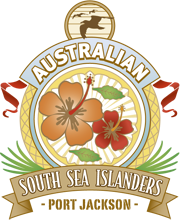
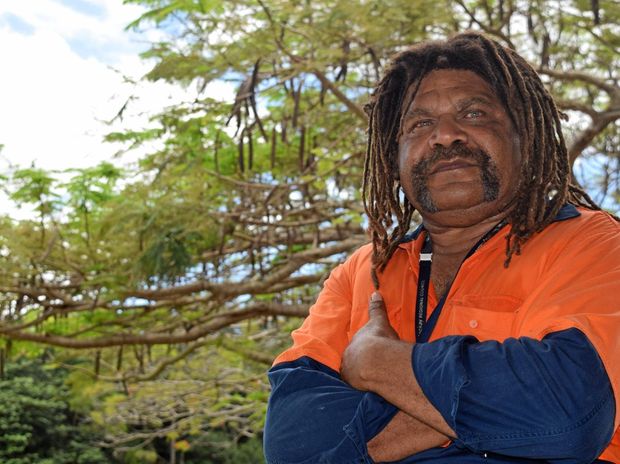
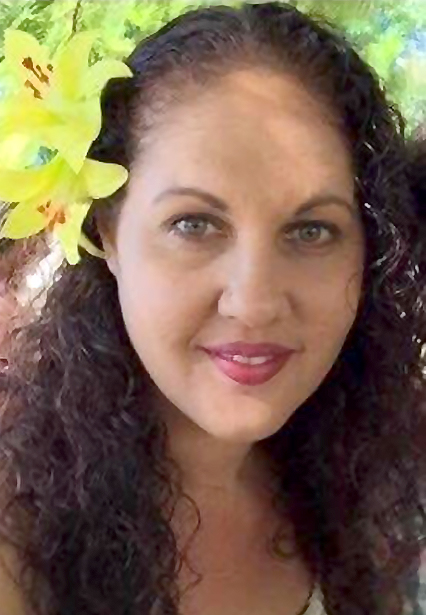
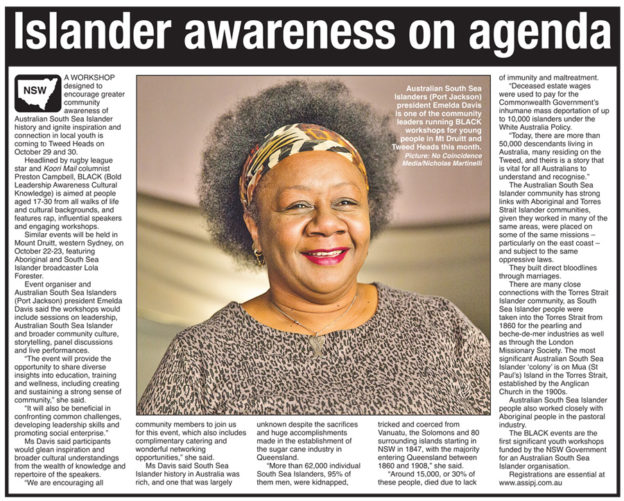
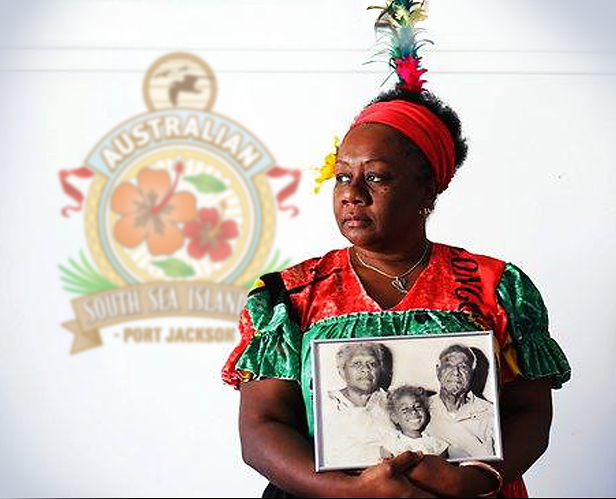 President of ASSIPJ and Sydney Local Woman of the Year, Emelda Davis is proud to be speaking at both BLACK workshops being held in Mount Druitt and Tweed Heads this month.
President of ASSIPJ and Sydney Local Woman of the Year, Emelda Davis is proud to be speaking at both BLACK workshops being held in Mount Druitt and Tweed Heads this month.